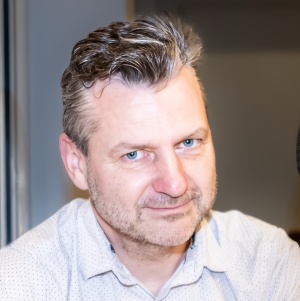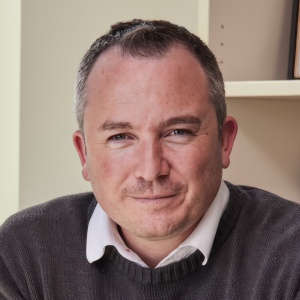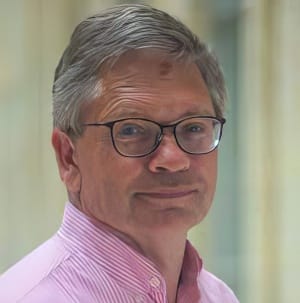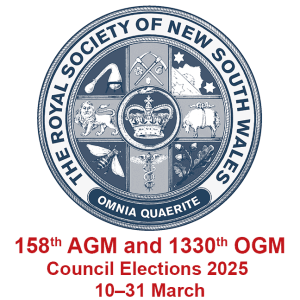 Integrating nuclear generation into the Australian electricity grid
Integrating nuclear generation into the Australian electricity grid
Dr Robert Barr AM FIEAust CPEng
Director
Electric Power Consulting
Date: Wednesday, 19 February 2025, 6.00 – 7.30 pm AEDT
Venue: Online and in person at Engineers Australia Sydney Offices Mezzanine Floor, 44 Market Street, Sydney NSW 2000
Entry: No charge (with a registration discount code — to be emailed to RSNSW members) for members of the four Societies. Non-members: $30
Enquiries: via email to Engineers Australia Member Services, or by phone 1300 653 113
Registration: before 5.30 pm on 19 February 2025 on the Engineers Australia registration site
All are welcome
Summary: The introduction of nuclear power generation is shaping up as a real possibility in Australia. Methods of integrating new nuclear generation into a grid with existing coal, gas, wind and solar PV generation are discussed with reference to both engineering and economic issues. The identification of feasible long-term optimum generation mixes, using all generation types beyond 2050, is addressed. The economic analysis focuses on total delivered costs to customers including generation, storage, transmission, distribution, rooftop solar PV and behind-the-meter batteries.
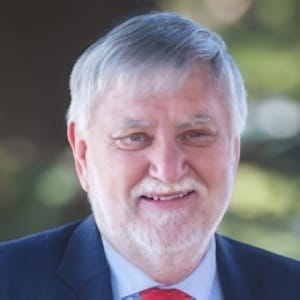 Robert Barr is a consulting engineer, director of his company Electric Power Consulting Pty Ltd and past National President of the Electric Energy Society of Australia. Robert has over 40 years of experience in the fields of power systems and electricity distribution. He is a Fellow of Engineers Australia, a member of the Australian Nuclear Association and Consult Australia, and was honoured as the Australian National Professional Electrical Engineer of the Year in 2012. In 2013, Robert was appointed a Member of the Order of Australia for significant service to engineering, particularly electrical energy supply and distribution. Robert’s main clients include generators, electricity supply companies, HV electricity customers, federal, state and local governments, universities and other large energy users.
Robert Barr is a consulting engineer, director of his company Electric Power Consulting Pty Ltd and past National President of the Electric Energy Society of Australia. Robert has over 40 years of experience in the fields of power systems and electricity distribution. He is a Fellow of Engineers Australia, a member of the Australian Nuclear Association and Consult Australia, and was honoured as the Australian National Professional Electrical Engineer of the Year in 2012. In 2013, Robert was appointed a Member of the Order of Australia for significant service to engineering, particularly electrical energy supply and distribution. Robert’s main clients include generators, electricity supply companies, HV electricity customers, federal, state and local governments, universities and other large energy users.
 Integrating nuclear generation into the Australian electricity grid
Integrating nuclear generation into the Australian electricity grid

